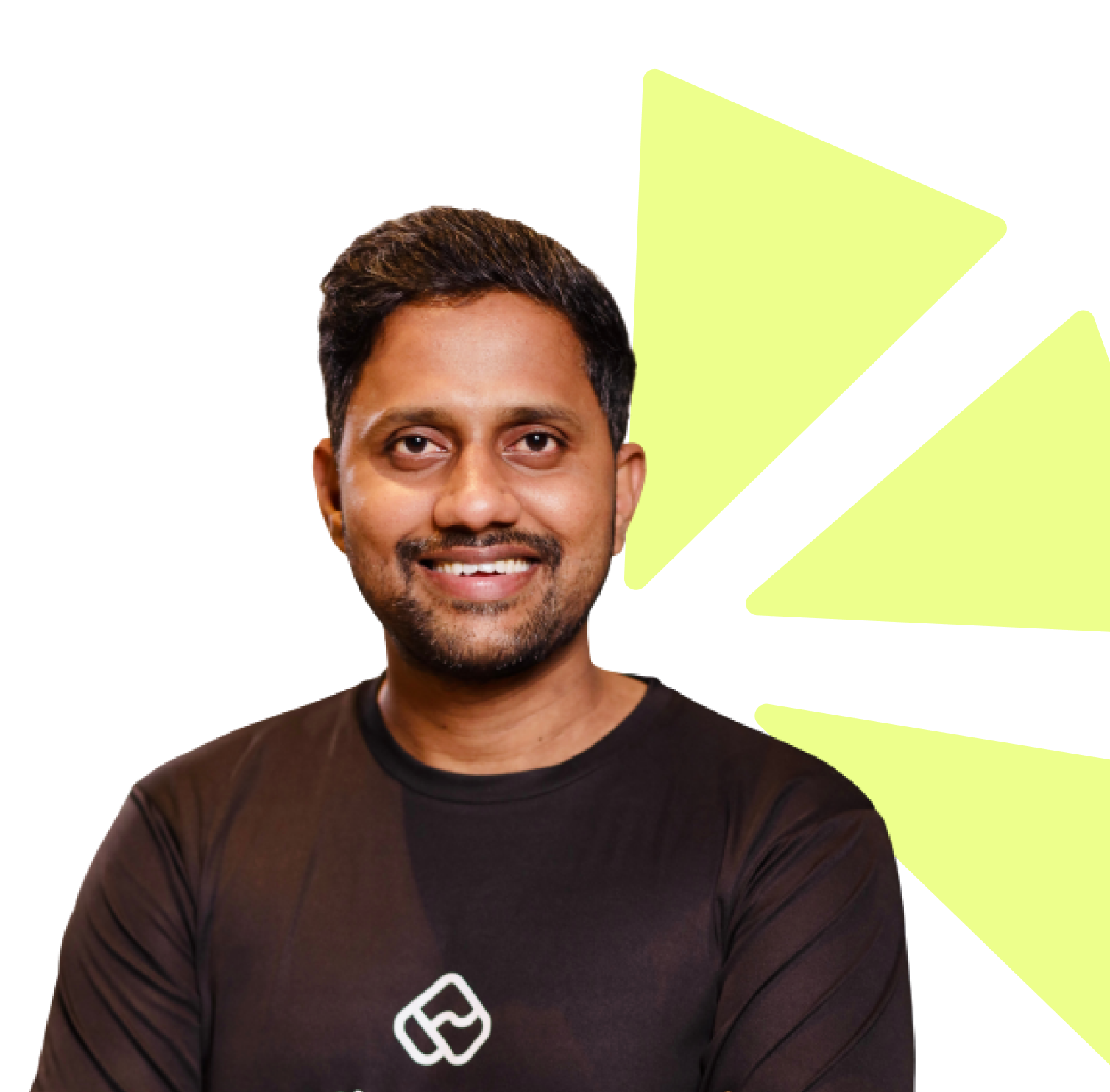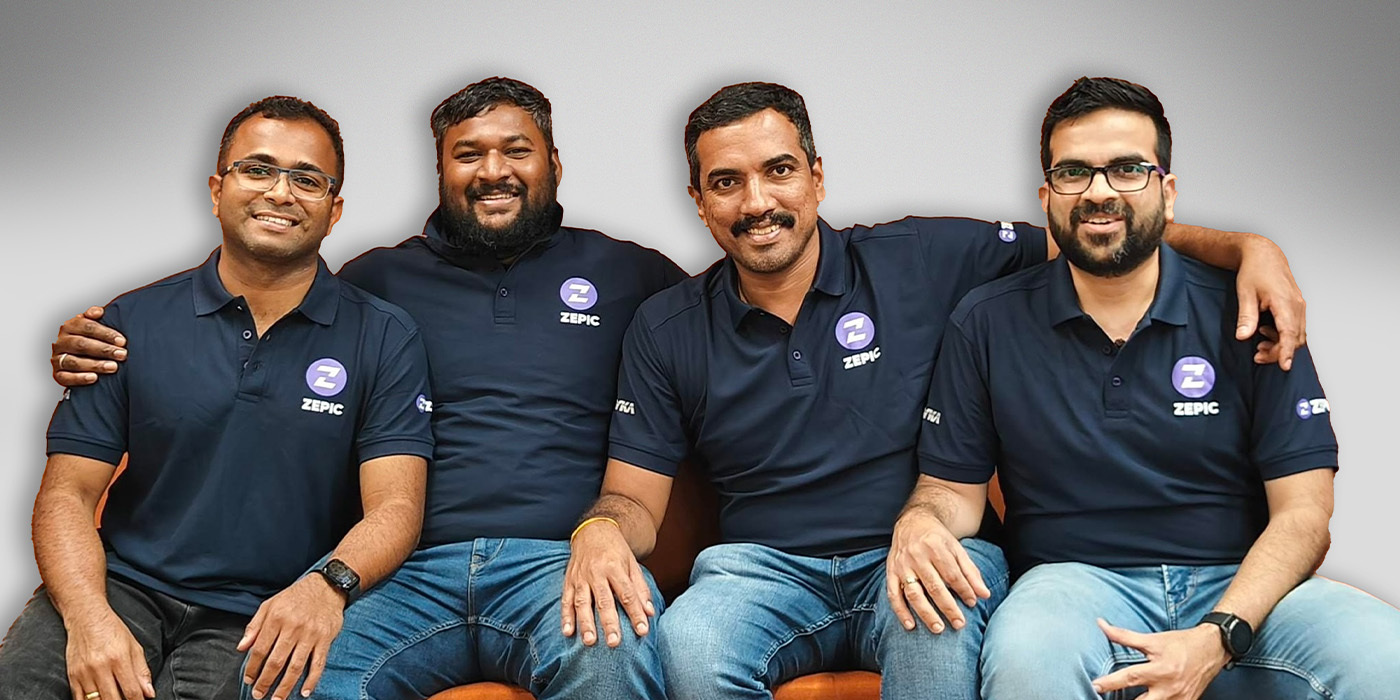
Everything is code. A clinical document means nothing to an insurance company. Every single interaction someone has with the US healthcare system, a checkup, an ER visit, surgery, generates documentation that must be accurately coded. It’s the language healthcare providers use to communicate with insurance companies. It’s how they get paid.
140000 Codes. Medical coding is the process of translating all the clinical details, the diagnoses, the procedures, the tests, the equipment, into a standardized set of codes.. Each of these codes have a dollar value attached that determines how much healthcare providers get paid.
But it is super complex. There are thousands of codes and the guidelines are always changing. A medical coder has to navigate over 140,000 diagnostic codes, each requiring precise application based on clinical documentation.
$36 Billion Lost. A single coding error can cause claim denials, delayed payments, compliance risks, or major revenue losses. A report by the American Medical Association (AMA) estimated that coding errors cost the healthcare industry approximately $36 billion annually in lost revenue, denied claims, and potential fines. Accurate coding is not just a financial requirement but a legal requirement with serious consequences if one gets it wrong.
Medical coding is a dying field. Few professionals actively choose to enter it, and those who do often have aspirations to be doctors or nurses. As a result, skilled coders are in short supply. And compliance requirements are getting stricter every year, which lead to greater operational and financial pressures.
Providers have tried outsourcing. But the results tend to be disappointing due to poor quality, unreliable turnaround times and compliance risks. And delays in coding, mean delays in billing, which means delays in getting paid. So there are strong incentives for hospitals to find better ways to do coding.
Opportunity for Disruption: At Neon, we invest in companies that solve large, mission-critical problems through technology. The founders of RapidClaims identified medical coding as a mission critical but a highly manual task. They observed that healthcare organizations try to solve it by throwing more people at the problem instead of leveraging technology.
The Timing: The industry is at an inflection point. Large language models now allow processing of unstructured clinical data with exceptional accuracy. The industry is facing severe coder shortages. Ever increasing complex compliance requirements are making manual coding unsustainable. And financial pressure is forcing hospitals to optimize revenue capture more than ever.
Today, large language models (LLMs) enable processing unstructured clinical data with exceptional accuracy. Complex medical notes that previously required human interpretation can now be analyzed by AI. An AI which is advanced enough to understand both context and nuance. It was clear to RapidClaims founders that with AI they can automate coding, reduce errors, and significantly improve financial outcomes for hospitals and billing companies.
Reimagining with AI. The market needed a solution that didn’t add another layer to the existing infrastructure but fundamentally reimagines how medical coding works.
And that’s how RapidClaims is built. Unlike traditional rigid coding systems, Rapidclaims’ AI continuously learns from clinical documentation, coding patterns, and payer behavior. Plus it integrates seamlessly into existing hospital workflows. All this helps it in providing real-time coding suggestions, reducing denials, and ensuring compliance. At scale.
The Impact:
- Hospitals see 8-12% improvement in reimbursements by reducing undercoding and denials.
- Operational costs decrease by 40-70% due to lower dependency on manual coders.
- Faster reimbursements improve cash flow cycles and financial stability.
- Coding teams handle 2-3x more claims with AI assistance.
The Right Team: What makes us particularly confident in RapidClaims is the team. Dushyant, Abhinay, and Jot bring together a perfect set of skills.
Dushyant, at Abbott, witnessed hospitals struggling with revenue capture. Abhinay, at Novartis, worked directly with healthcare providers and saw their challenges in securing accurate reimbursements. Jot brought strong AI and automation expertise, understanding how to apply cutting-edge technology to problems at scale.
The Opportunity. RapidClaims is transforming how healthcare organizations manage their revenue cycle. It serves hospitals, physician groups, and large managed service organizations. The kind of enterprises where AI can deliver major financial and operational benefits.
A stellar team solving a complex problem with grand ambitions is exactly the kind of company we love backing at Neon.
Medical coding is a $25B market today but RapidClaims vision is to solve for the entire revenue cycle management process—a $150B+ market opportunity. By starting with the critical pain point of coding they’re building an AI foundation that will transform how healthcare providers operate financially.
Siddhartha Ahluwalia
Siddhartha Ahluwalia is the Managing Partner at Neon Fund and host of The Neon Show, one of the top business podcasts focused on the India-US startup ecosystem. He previously founded Addodoc (a B2B SaaS CRM for pediatricians) and Babygogo (a healthtech startup acquired by Sheroes). He later worked at Prime Ventures and led the SaaS Ecosystem at AWS India before starting Neon Fund. With deep expertise in 0-1 startup building, he helps founders scale B2B companies in the US from $0 to $10M ARR.






